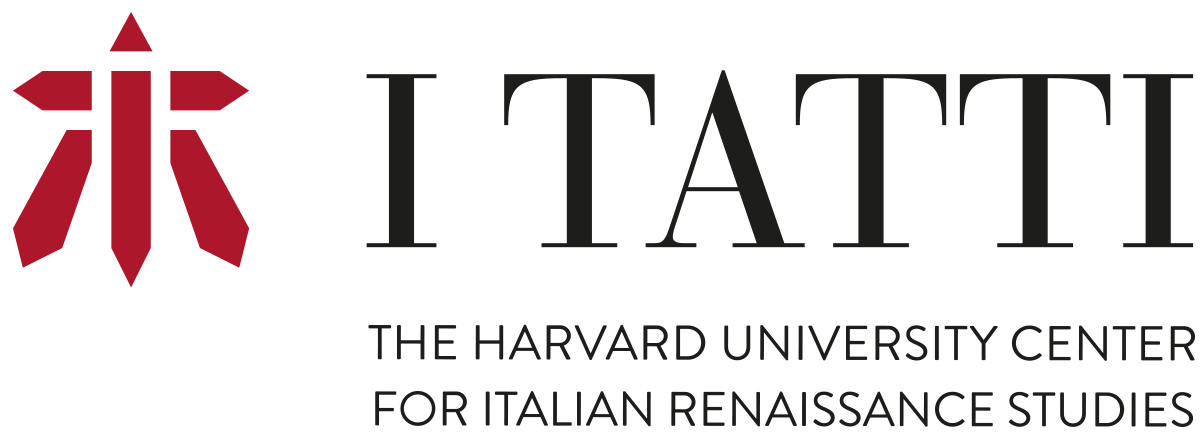Date:
Location:

“Writing, Mobility and Distance in the Making of the Society of Jesus (1540-1573)” / "La Biblioteca Hernandina: Hernando Colón’s New Cartography of Knowledge"
“Writing, Mobility and Distance in the Making of the Society of Jesus (1540-1573)”
This seminar will explore the intersection of writing and mobility in the Society of Jesus. The Jesuit global mission – established over a short decade in the middle of the sixteenth century – depended on the routine flow of people, documents and material goods. But how did it all work? Digging into the complex human and material ecology of the Society of Jesus, Paul Nelles shows how Jesuit written communication, far from being an isolated stratum of bureaucratic instrumentality, was embedded within a web of structured, often ritualized social practices. To illustrate, the seminar will consider three examples of Jesuit mobile artefacts.
PAUL NELLES is Associate Professor of History at Carleton University, Ottawa. He has published widely on the history of books, libraries and education in early modern Europe. He delivered the 2017 Lyell Lectures in Bibliography at Oxford University on the subject of The Vatican Library and the Counter-Reformation. A co-edited volume of essays, Books in Motion: Beyond Production, Circulation and Consumption will appear in late 2017.
"La Biblioteca Hernandina: Hernando Colón’s New Cartography of Knowledge"
Exploration and cartography, alongside the material production and transference of knowledge, underpin Hernando Colón’s library. As Hernando’s own cartographic projects during his tenure as Piloto Mayor at the Casa de la Contratación sought to visualize and carve up the regions that were occupied by European explorers and merchants, with his books he embarked on the collection of all available knowledge in a single universal library. The Hernandina aimed to become the record of the new intellectual world that was opening up to Europe, a new cartography of knowledge which also included printed products—chapbooks, broadsheets—which others would exclude from this cultural map. The agents and processes that brought the Biblioteca Hernandina into existence offer a wealth of interdisciplinary case studies, for Hernando Colón (1488-1539) lies at the nexus of a heterogeneous network that connects his texts as both physical objects and repositories for knowledge with the revolution of print, cartography, the growth of trade and the development of sophisticated financial instruments on a global scale. Bringing together these different realms will put forth Hernando’s new world of print as a singular corollary of what Pierre Bourdieu and Peter Burke have theorized, respectively, as ‘the economy of linguistic exchanges’ and ‘the balance of trade’ between the different national, cultural and linguistic communities that coexisted in early modern Europe. This approach to the Hernandina will yield a description, and a critical account, of the ways in which linguistic, cultural and political capital circulated through the book markets and their associated networks.
JOSE MARIA PEREZ FERNANDEZ is profesor titular at the University of Granada in Spain. His current research interests focus on the relations between translation, diplomacy and the book trade, their role in the construction of the international republic of letters and the early modern idea of Europe. He is particularly interested in processes of communication in the early modern world—such as the impact of print, the development of an international news market, the transmission of knowledge throughout transnational networks, and how financial and mercantile processes mirrored the ways in which information exchange took place within Europe and beyond its borders.
